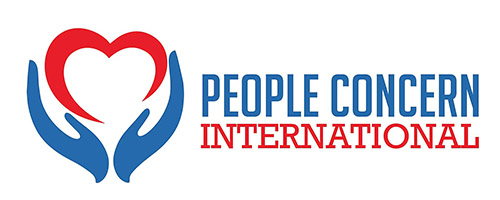Nigeria is often referred to as the “Giant of Africa”, owing to its large population and economy.1 With approximately 182 million inhabitants, Nigeria is the most populous country in Africa and the seventh most populous country in the world. Nigeria has one of the
largest populations of youth in the world.2 Nigeria is the most populous country in Africa with more than 170 million people.3 It is a nation made of more than 250 ethnic groups, 380 languages, and a diverse range of cultural and religious beliefs and practices. Health
problems in Nigeria are challenging, but addressing them using public health principles is necessary to support stability in this important area of the world.
The inadequate programs designed to address the numerous health problems in Nigeria have led to the little improvement in our health status. Overall life expectancy at birth is 54 years; infant mortality rate is 86 per 1000 live birth while maternal mortality ratio is 840 per 100,000 live births.4 Besides the continued neglect of the importance of addressing public health issues would make matters worse for poor Nigerians most of who are at the receiving end.
Nigerians will continue to die unnecessarily from preventable conditions and disease if there are no proper programs designed to address each of these problems. The first WHO Global Status Report on non-communicable disease listed Nigeria and other developing countries as the worst hit with deaths from non-communicable diseases.5 These diseases with a rising burden in Nigeria include cardiovascular disease, cancer, diabetes, chronic respiratory diseases, sickle cell disease, asthma, coronary heart disease, obesity, stroke, hypertension, road traffic injuries and mental disorders. According to the 2011 World Health Statistics, malaria mortality rate for Nigeria
disease, as well as the rapid and on-ongoing emergence of non-communicable diseases. Life expectancy at birth in Nigeria stands at 46.8years for men and 48.4years for women, while there is a dire shortage of health workers as a result of economic and social brain drain.7 It has been estimated that there are only 27 physicians per 100,000 people in Nigeria.7 These multifaceted challenges are compounded by arisen economic policies and socio-political factors in the country history a limited institutional capacity to provide efficient responses at a population level. Lack of commitment on the part of the government, especially during military rule has worsened the fragile sector.8 According to the UNDP report 2004 both public and private expenditure as a percentage of GDP is 0.8% and 2.6% respectively.8 Successive governments have on many occasions set out their commitment to this sector, but unfortunately,
this rhetoric is not met with tangible and enduring actions, particularly in the area of health system financing. There is a window of opportunity available for initiatives aimed at enhancing the emergence of an integrative approach to public health problems in
Nigeria, taking into account the social, cultural and economic determinants of health and also structuring the health system as an efficient channel for health services delivery.


